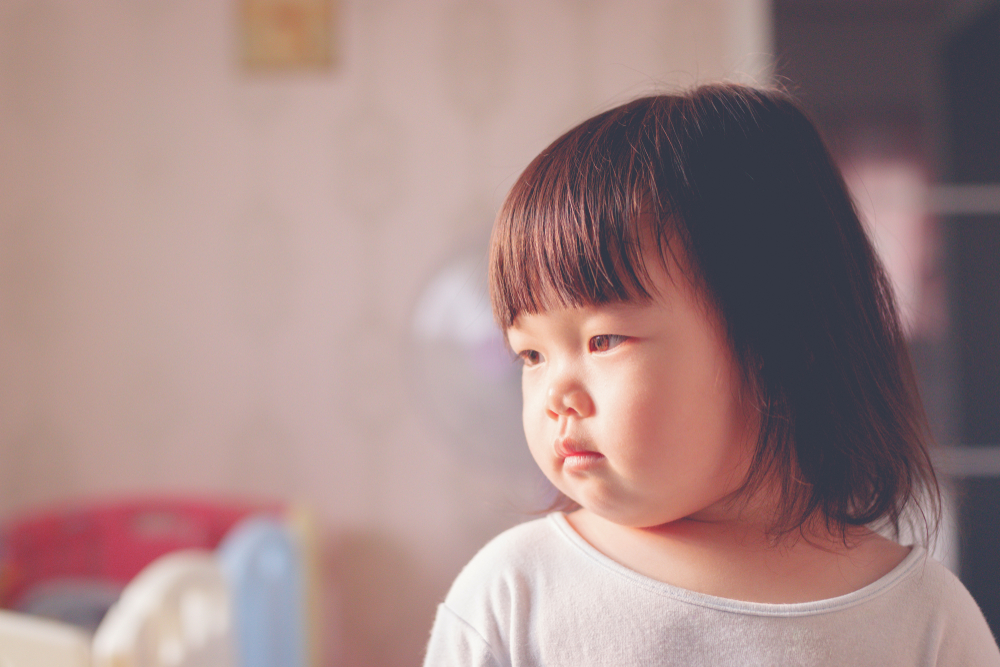Contents:
- Medical Video: How Blood Type Affects Pregnancy Medical Course
- Some blood groups are more susceptible to certain diseases
- Blood type affects the reproductive system
- Does it mean blood type O is more difficult to get pregnant?
Medical Video: How Blood Type Affects Pregnancy Medical Course
Lately, blood groups have been widely believed to be one of the determinants of various aspects of human life. Starting from the nature, diet, even to the life of romance. Everyone is believed to have a certain tendency based on his blood type. This concept was first disseminated in Japan around 1931. Since then, blood groups have also been linked to many health conditions and human psychology. However, the truth is still often the topic of debate among scientists and medical personnel.
One topic that is widely discussed in the medical world is the relationship between blood type and reproductive system, especially in women. Is it true that the female blood group and reproductive system are closely related? Are certain blood groups more difficult to conceive than others? To find out the answer, see the following explanation.
READ ALSO: 5 Health Facts Associated With Blood Type
Some blood groups are more susceptible to certain diseases
Basically human blood consists of the same structure, namely red blood cells, white blood cells, and blood plasma. However, there is one factor that distinguishes blood, namely the antigen content. Based on the nature and number of antigens, blood is classified into 4 categories, namely A, B, AB, and O. Each group is still grouped again into positive and negative subcategories. Antigen itself is responsible for producing antibodies needed by the human immune system to fight various threats to the body.
Because a person's blood type really determines the way the immune system works, then each blood type will react in different ways when the body is attacked by certain diseases. This is what causes blood groups to be closely related to one's health condition.
For example, certain blood groups are more prone to digestive disorders or have cancer than other blood groups. However, keep in mind that your health condition is also influenced by various other factors such as lifestyle, diet, genetics, and living environment.
READ ALSO: Risk of Disease Associated with Your Blood Type
Blood type affects the reproductive system
You might wonder, if blood type so affects health conditions, what about the human reproductive system? Blood type and reproductive system are indeed interrelated. This is evidenced by a recent study that looked at nearly 600 women who were on average 35 years old. When investigated, these women were undergoing fertility therapy and various other medical assistance to improve fertility. The results of research published in the Human Reproduction journal turned out to be quite surprising.
Reporting from the Guardian, Dr. Edward Nejat as the study's leader revealed that blood type O women who participated in the study tended to show lower number and quality of egg cells than other blood groups. Meanwhile, those with blood type A are known to have the best number and quality of eggs. The number and quality of eggs is a determinant of a woman's fertility, and it turns out that a person's blood type plays a role in determining these determinants.
The women involved in the study were asked to do a blood test to see the nature of follicle stimulating hormones (often abbreviated as FSH) contained in the blood. FSH levels above 10 means that a woman will be more difficult to conceive than those with a lower FSH level. The higher the level, the lower the quality and number of eggs available to fertilize by sperm cells.
READ ALSO: Get to know PCOS, a female hormone disorder that makes it difficult to get pregnant
Does it mean blood type O is more difficult to get pregnant?
The study, initiated by experts from Yale University and Albert Einstein College of Medicine in the United States, involved women from different ethnic and racial backgrounds. The aim is to ensure the fertility level of participants can be influenced exclusively by blood groups. However, Dr. Edward Nejat and his team acknowledged that the results of the study only applied to the women studied, could not be generalized that everyone with blood type O would have difficulty getting pregnant. The reason is, even though blood types do have an impact on FSH levels, there are still many other things that affect a woman's fertility and reproductive health conditions.
READ ALSO: 9 Ways to Get Rid of Stress When Trying to Get Pregnant
One of the researchers in the study, Dr. Lubna Pal, said that further research is still needed to get a rounded conclusion about the relationship of blood type and reproductive system, both for women and men. One of the drawbacks of the study is that the women studied were only those whose reproductive systems were problematic. It could be in fertile women, blood type has no effect at all on FSH levels.
In addition, Dr. Lubna Pal also admitted that the blood type B study participants were very few, unbalanced with those with blood type O. So it was still possible that other blood groups actually had higher FSH levels.












